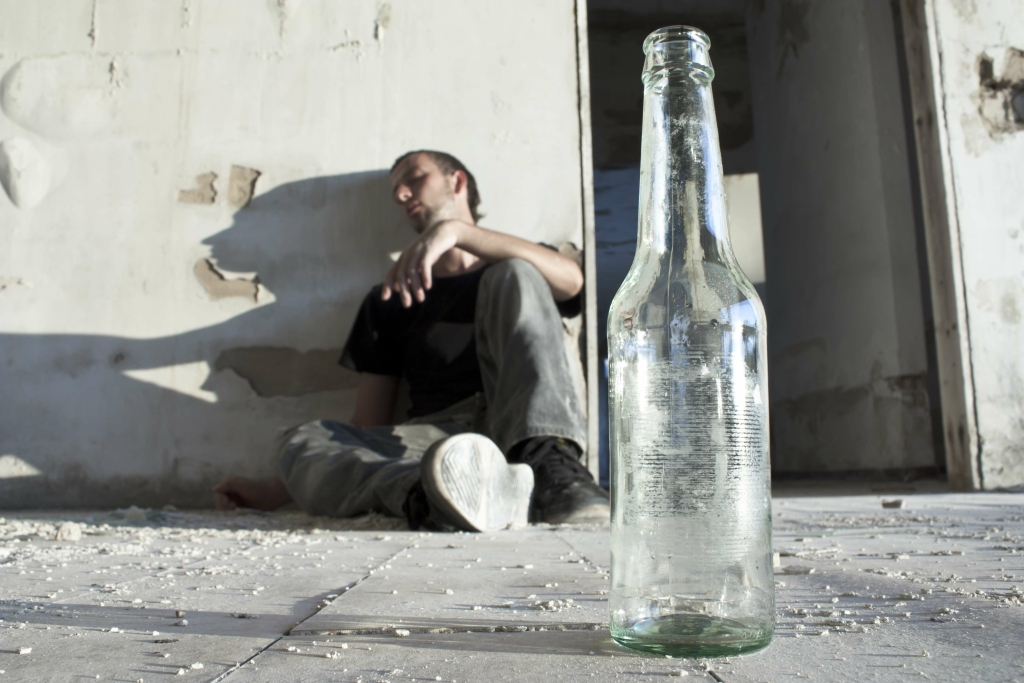Why Do People Turn to Drugs and Alcohol as a Coping Mechanism for Addiction
Conversely, individuals with heavy alcohol use (both during intoxication and withdrawal) have a higher likelihood of developing personality disorders. In fact, alcohol abuse induces and exacerbates the symptoms of such disorders, making them more difficult to manage or respond to treatment. Additionally, people with mood and stress disorders can what is alcoholism develop maladaptive alcohol use as a way to self-medicate and cope with their symptoms.
- By Sarah Bence, OTR/LBence is an occupational therapist with a range of work experience in mental healthcare settings.
- We collected data from 713 adults (aged 18–60) during the second lockdown period (October/December 2020).
- This article covers everything you need to know about the connection between alcohol and depression.
- While this lack of relationship was also found for cocaine dependence, it had seemed likely that it would work for alcohol dependence given that this urge-coping strategy competes with the oral route of administration of alcohol.
- Veterans who sustain injuries or illnesses due to their military service or who experience deteriorating health conditions while in the service may qualify for disability benefits through the VA.
Depression After Drinking: Understanding the Link Between Alcohol and Mental Health

This is especially true in the case of high-functioning alcoholics who may seem put together externally but struggle internally with mental health, physical health, and maintaining relationships. Depression can be caused by a combination of genetic, biological, environmental, and psychological factors. It can affect anyone, regardless of age, gender, or background, and depression treatment often includes therapy, medication, or a combination of both to https://tonguedarting.com/2024/07/03/self-employed-multiplier-of-0-9235-for-social/ improve 3. People who are clinically alcohol dependent can die if they suddenly, completely stop drinking. If you experience fits, shaking hands, sweating, seeing things that are not real, depression, anxiety, or difficulty sleeping after a period of drinking and while sobering up, then you may be clinically alcohol dependent and should NOT suddenly, completely stop drinking. Talk to a GP or your local community alcohol service who will be able to get help for you to reduce your drinking safely.

Case Studies of Co-occurring Alcohol Abuse and Depression
- More often than not, when a person gets help for depression but does not get the addictiontreatment they need, the depression returns, and things get worse.
- Stimuli were chosen based on expert ratings regarding similarity in color, shape and recognition.
- AK contributed substantially to the revision of the initial proposal and to the revision and final approval of the manuscript.
- First, one set of models highlights paths from early alcohol abuse to later depression.
- Most might have already been living with sober family members so that this strategy might not have been needed, or moving was not feasible so it was not used.
Depression and heavy drinking have a mutually reinforcing relationship – meaning that either condition increases a person’s chances of experiencing the other 3. If you come to rely on alcohol to manage your mental health problems, that reliance can itself become a problem. You may well find that your drinking starts to get in alcohol as a coping mechanism the way of other activities and puts a strain on your relationships – both things that can undermine your mental wellbeing. “Therapeutic interventions designed to address both issues often include a focus on addressing emotional pain or trauma, as well as developing and practicing healthy coping behaviors,” says Kennedy. As you begin implementing healthier coping skills, consider what your perfect day would look like.
- It seems like it reduces the worry and fear but it only pushes those emotions to the back of the mind and they will emerge later.
- Biologically, both depression and alcohol use disorder involve alterations of the brain’s neurotransmitter systems, such as serotonin and dopamine, which play key roles in regulating mood and reward pathways.
- It’s also worth noting that the line between safe and unhealthy drinking can be blurred.
- With a wide array of treatment options and a full spectrum of care for mental health, addiction, and co-occurring concerns, our dedicated team is committed to providing personalized support tailored to your unique needs.
Physical Health
Whether you’re experiencing depression or not, it’s essential to evaluate your drinking habits and consider why you drink, when you drink, and how you feel when you drink. Some of these questions may resonate more than others at different stages of your journey. As you look inward, you’ll begin to uncover areas that you may not have consciously realized were causing you stress or turmoil, and in turn impacting your drinking. Diving into the unknown can feel uncomfortable at first but can lead you to clarity and a truer sense of self.


